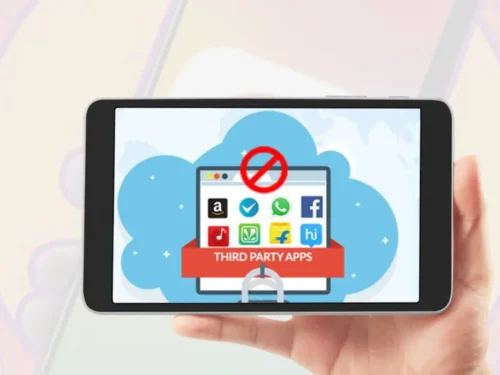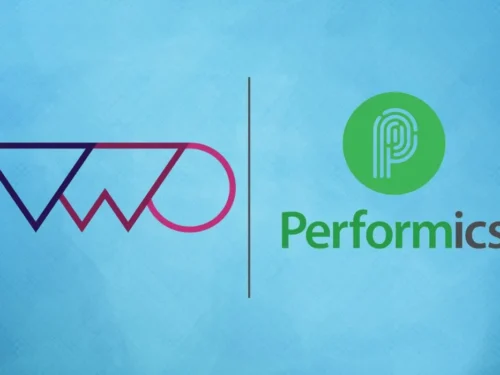FLoC (Federated Learning of Cohorts), Google’s divisive attempt to replace cookies for interest-based advertising by arranging users into groups with similar interests, is no longer active. Google has replaced it with a fresh idea called Topics.
The idea is that while you navigate the web, your browser will learn about your interests. Google is now limited the number of subjects to 300, with ambitions to expand this over time. It will preserve data for the last three weeks of your browser history. These themes will not cover sensitive categories such as gender or race, according to Google.
Interesting Read: Google To Demonetize Ads That Spread Climate Change Misinformation
Google categorizes the websites you visit based on one of these 300 topics to assess your interests. A lightweight machine learning system in the browser will be integrated for sites it hasn’t previously classified and offer an approximated topic based on the domain name.
Google’s Privacy Sandbox lead Ben Galbraith said –
“The design of topics was informed by our learnings from the earlier FLoC trials. As such, Topics replaces our FLoC proposal and I want to emphasize that this whole process of sharing a proposal, doing a trial, gathering feedback, and then iterating on the designs — this is the whole open development process that we wanted for the Sandbox and really shows the process working as intended.”
How does Topics works?
When you visit a site that employs the Topics API for advertising, the browser will show you three topics that you might be interested in, one for each of the last three weeks, chosen at random from your top five topics.
Going ahead, this information will be shared with the site’s advertising partners, who will select which adverts to display to you. This would potentially provide a more private means of determining which ad to show you, and Google claims that it also gives consumers significantly more control and transparency than the current standard. Users will be able to review and eliminate topics from their lists, as well as disable the Topics API entirely.
Also Read: Google’s New Advertising Page Will Show Brand’s Recent Ad History
Author Profile
- Neha Shah
Latest Posts
 MarketingFebruary 26, 2022GroupM Launches Programmatic Marketplace, Result of Licensing Deals with Magnite and PubMatic
MarketingFebruary 26, 2022GroupM Launches Programmatic Marketplace, Result of Licensing Deals with Magnite and PubMatic MediaFebruary 25, 2022In a First, Walmart Reveals its $2.1B Advertising Revenue!
MediaFebruary 25, 2022In a First, Walmart Reveals its $2.1B Advertising Revenue! MarketingFebruary 24, 2022Roku’s Streaming System is Clearly it’s Bonanza for Q4!
MarketingFebruary 24, 2022Roku’s Streaming System is Clearly it’s Bonanza for Q4! TechnologyFebruary 22, 2022Yahoo Launches Cookieless ID Targeting Solutions for the Open Web
TechnologyFebruary 22, 2022Yahoo Launches Cookieless ID Targeting Solutions for the Open Web










